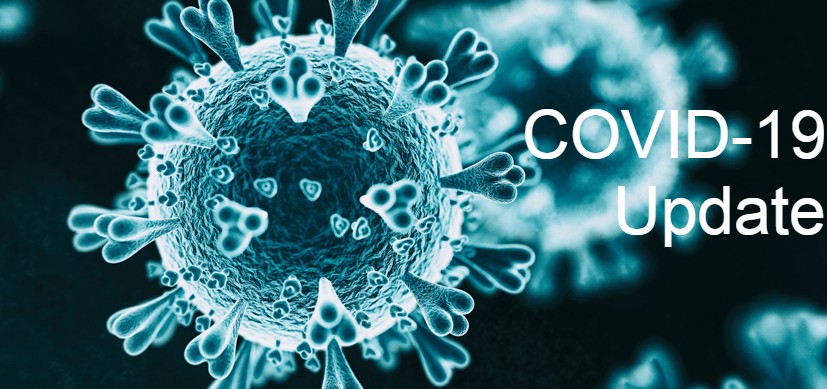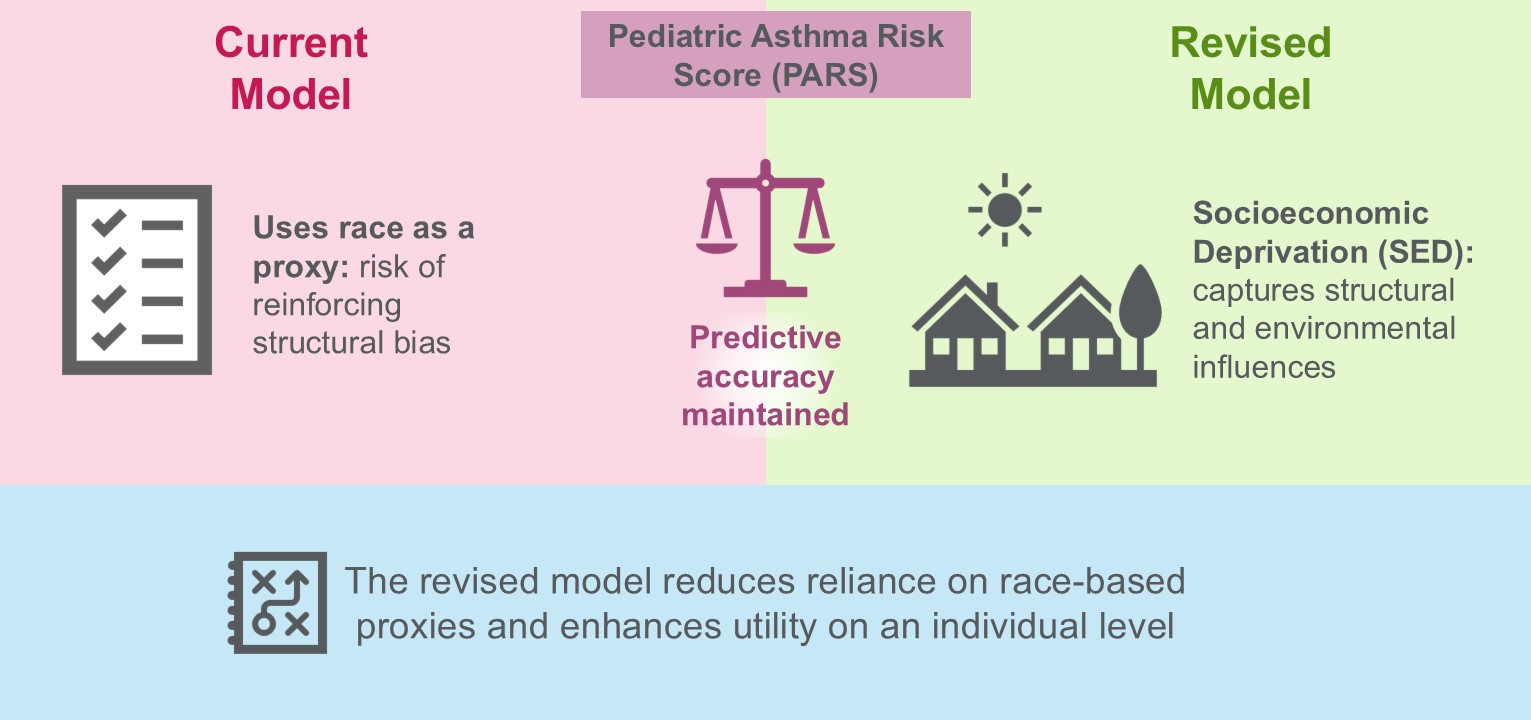COVID-19: Black People Disproportionately Affected by Diabetic Ketoacidosis
Research By: Andrew Lavik, MD, PhD | Nana-Hawa Yayah Jones, MD
Post Date: April 5, 2022 | Publish Date: April 5, 2022

Black people with diabetes were more likely to develop cases of a life-threatening complication called diabetic ketoacidosis during the pandemic, even in people without COVID-19, according to a new study from the TID Exchange published online April 5, 2022, in the Journal of Clinical Endocrinology and Metabolism.
“Our work shows racial inequities in diabetes care were present before the pandemic, starkly visible during the pandemic, and will continue to persist after the pandemic—unless we systemically root out and target racial inequities in diabetes care,” says Andrew Lavik, MD, PhD, Division of Endocrinology at Cincinnati Children’s.
“Minorities continue to be affected by life-threatening yet preventable complications of diabetes more than other groups. We must redouble our efforts to relieve this burden, both during the COVID-19 pandemic and beyond,” adds senior author Nana-Hawa Yayah Jones, MD, also with the Division of Endocrinology at Cincinnati Children’s.
The research team–all members of the T1D Exchange Quality Improvement Collaborative–found that when COVID-19 cases surged, diabetic ketoacidosis surged as well, especially in Black people with diabetes. They determined that 45% of Black people had diabetic ketoacidosis in 2019 compared to 16% of white people, and this disparity persisted in 2020 (49% vs 19%).
| Original title: | Trends in Type 1 Diabetic Ketoacidosis During COVID-19 Surges at Seven US Centers: Highest Burden on Non-Hispanic Black Patients |
| Published in: | Journal of Clinical Endocrinology and Metabolism |
| Publish date: | April 5, 2022 |
Research By









